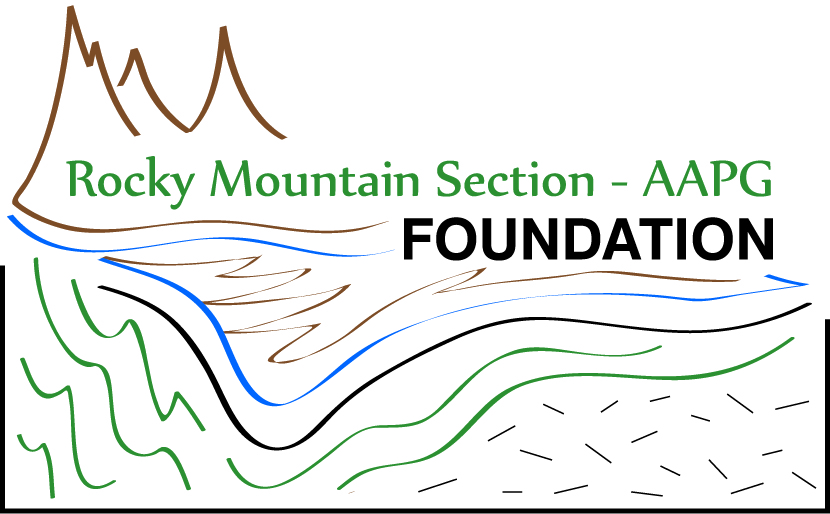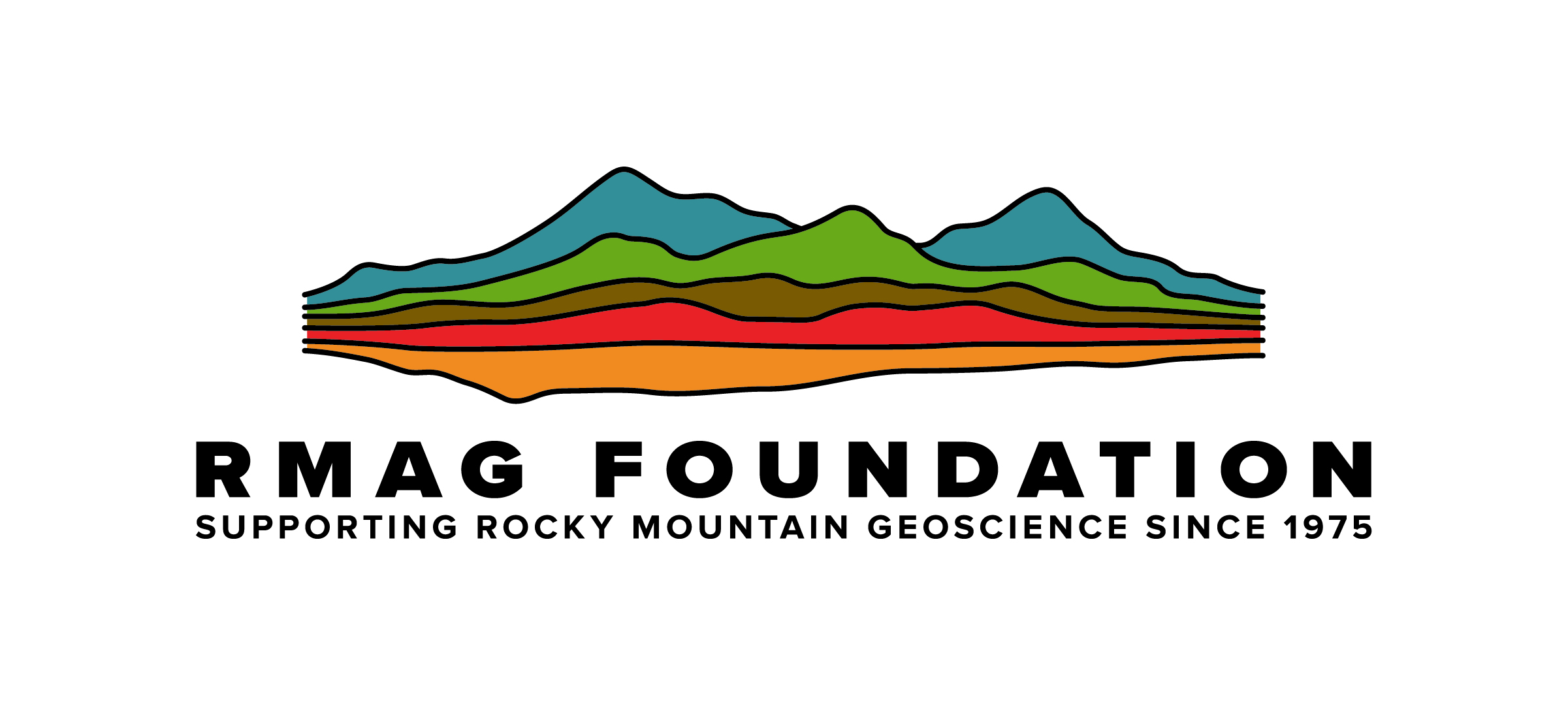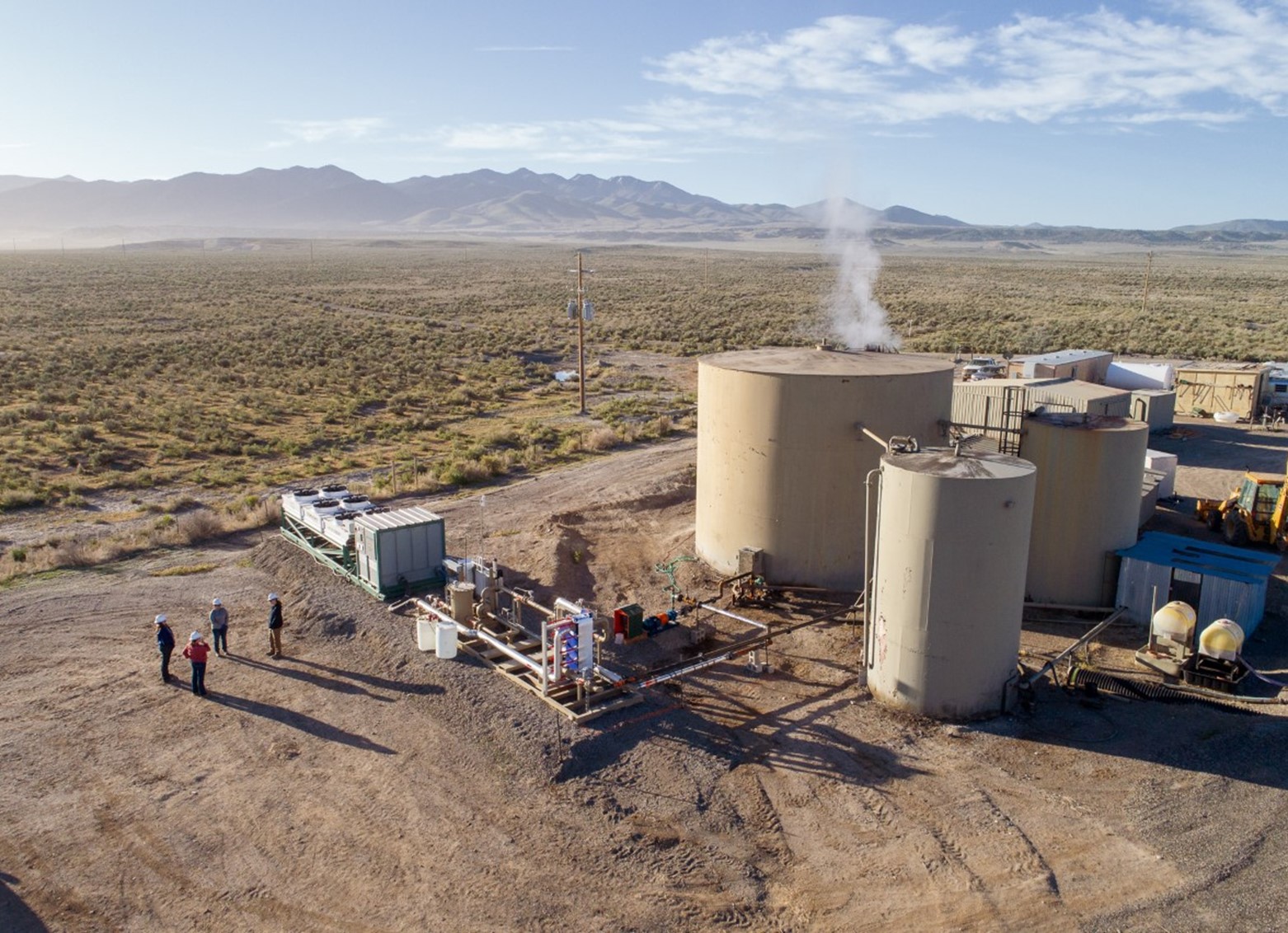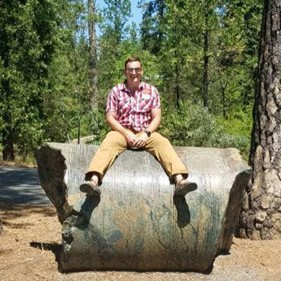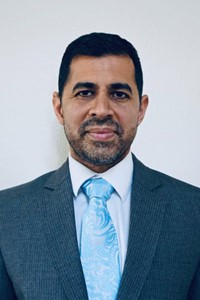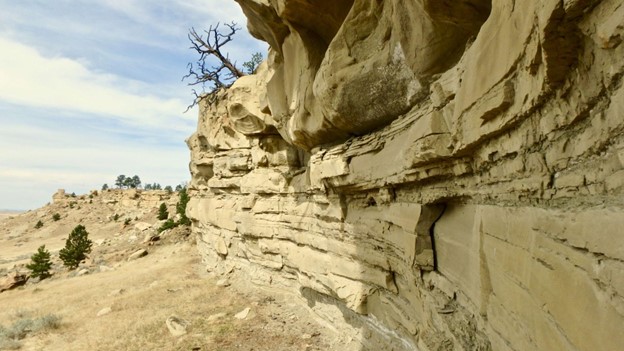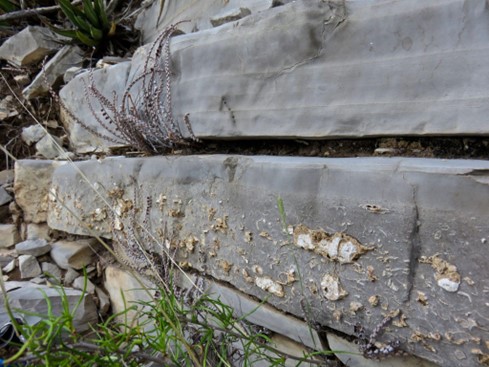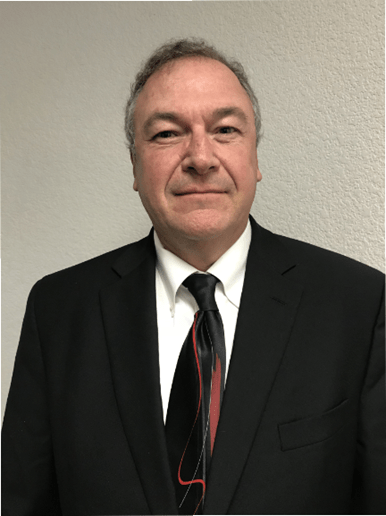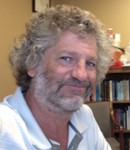Short Courses
Reduced student pricing for short courses and field trips generously provided by The RMAG Foundation and The RMS-AAPG Foundation
Application of Petroleum Geology Skills to the Geothermal Industry
Attend this session from 8:00 AM to 5:00 PM on July 23, 2022 Centennial G – Hyatt Regency Denver At Colorado Convention Center
Instructor: Benjamin Burke, MBA, PhD, CTO of Transitional Energy
About this course:
This course introduces the technical professional who is familiar with oil and gas exploration, development and production workflows to the field of geothermal power generation and its direct use in a lecture-based format with supplementary material and R code. The concepts covered in this one-day course involve power generation and direct use cases, subsurface evaluation, and facilities engineering considerations in sedimentary basins.
Who should attend?
Geoscientists, geochemists, engineers, geotechnical professionals, land professionals, and executives who have an interest in learning about similarities and differences between oil and gas and geothermal workflows should attend this course, as well as anyone who is interested in learning how their thermal resources can be monetized. Lectures will be aimed at the technically minded while being not specific to geoscience. Supplementary material and code will allow geoscientists and engineers to take a deeper dive into the material.
Python for Geoscientists
Attend this session from 8:00 AM to 5:00 PM on July 23, 2022 Mineral D-E – Hyatt Regency Denver At Colorado Convention Center
Instructor: Matthew Bauer, PG
About this course:
Practical Python for Earth Scientists is a hands-on course intended to introduce basic concepts and give working examples of python code that can be used in daily geoscience workflows. No prior knowledge of python or other programming languages is necessary to attend this course.
Who should attend?
This course is tailored for geologists, geophysicists, petrophysicists, petroleum engineers, production engineers, landmen, and anyone else that would like to gain skills in practical python programming, data mining, and machine learning. While this course will use examples from the petroleum industry, any earth scientist will benefit from learning about geospatial and subsurface data analysis.
Sequence Stratigraphy of Unconventional Resource Plays
Attend this session from 8:00 AM to 5:00 PM on July 23, 2022 Centennial F – Hyatt Regency Denver At Colorado Convention Center
Instructor: Ali Jaffri, PhD
About this course:
This course introduces participants to the sedimentology of unconventional reservoirs and then covers sequence stratigraphic applications. Due to the homogeneous nature and limited thickness of most unconventional resource plays, seismic has very limited applicability. Therefore this is not a Seismic Stratigraphy course and the bulk of our time will be investigating these reservoirs using well logs (including borehole image logs), core and thin-sections. Each day of the course will be devoted to one play type with case-studies from popular oil and gas fields within North America. The instructor will provide a small collection of well logs and core photos, but we strongly urge participants to bring paper copies of their own data to work on. These data will not be shared with anyone and the instructor will only review the work done by participants.
Who should attend?
The audience for the course includes geologists, geophysicists and reservoir engineers who are involved in horizontal well planning and geosteering in unconventional reservoirs.
Exploration and Production of Non-Hydrocarbon Gases and Fluids: Energy Minerals
Attend this session from 8:00 AM to 4:00 PM on July 24, 2022 Mineral D-E – Hyatt Regency Denver At Colorado Convention Center
Instructor: Steven Tedesco, PhD
About this course:
Learn how to add additional revenue to your production operations by leveraging produced gases and fluids. This short course covers several topics in energy minerals that can add additional revenue streams in hydrocarbon exploration and production. This hands-on course will cover critical minerals such as helium, lithium, and rare earth minerals extraction along with brine processing. We will discuss current produced fluid and brine processing methods prior to disposal back in the ground and the economic extraction of valuable energy minerals. We will also cover the basics of geothermal resources and crypto mining sources and economics. No prior knowledge of energy minerals production or exploration methods is necessary to attend this course.
Who should attend?
This course is geared for anyone that is interested in the exploration and production of energy minerals: geologists, geophysicists, development geologists, and production engineers. Anyone tasked with business development will benefit from learning about valuable additional cash flows and maximizing opportunity in the energy transition economy. While this course will use examples from the Petroleum and Helium industries, anyone eager to learn about mineral economics and analysis of gases and minerals will benefit.
Hot Topics in Hydrology for the Petroleum Industry
Attend this session from 8:00 AM to 4:00 PM on July 24, 2022 Centennial G – Hyatt Regency Denver At Colorado Convention Center
Instructor: Dave Lipson, PhD
About this course:
Expand your skills to meet the increasing demand for quality ESG knowledge. This course will cover a range of topics that are important to Oil and Gas operators. We will begin with an introduction to water quality concerns, look at the issue of methane in water, consider the problem of supplying the large amounts of water needed for completions and how water law affects contamination and remediation. We will also look at emerging contaminants and practice applying existing skills to all these issues in a combined lecture and problem format.
Who should attend?
Geoscientists and engineers that need to deal with water quality and supply issues will benefit from this survey of the intersection of hydrology and oil and gas production. Anyone interested in transferring existing skills to the solution of hydrological problems will also benefit.

